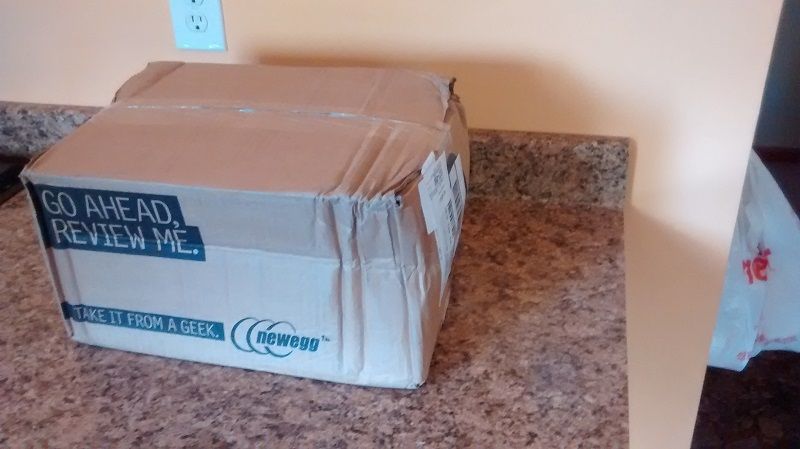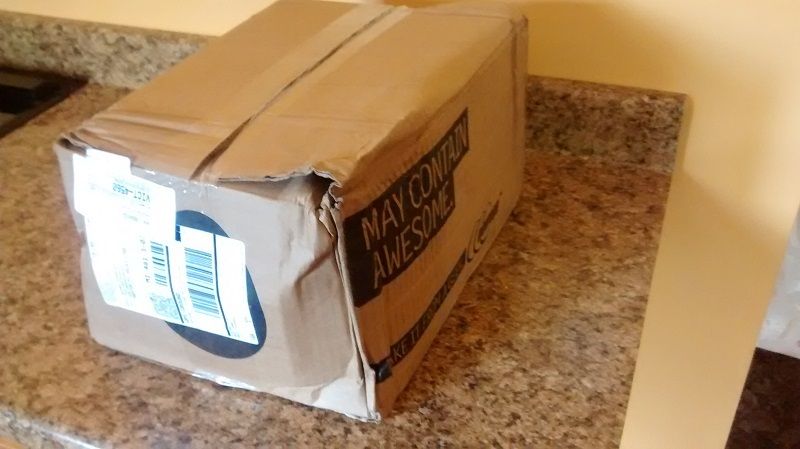DiscreteMeat
Limp Gawd
- Joined
- Sep 4, 2009
- Messages
- 150
I just received an order for the HGST 4TB NAS HDDs I purchased from NewEgg. There was a sale a few days ago and I decided to grab five of them. Well I wasn't too happy when the box they were shipped arrived looking pretty beat-up, courtesy of UPS.
My NAS isn't up and running yet as I'm still deciding on which way to go (FreeNAS build or QNAP 4-bay Box). Luckily the five HDDs actually came in retail packaging but one of the five packages has a slightly dented corner that either happened from the shipping box being crushed while in transit via UPS, or was dropped prior to being shipped by NewEgg's warehouse personal.
I'm not sure what I should do at this point. I haven't opened the retail packaging yet to inspect the drives and was considering sending the whole thing back. I still may do that but not sure how NewEgg will respond if I request a refund due to shipping damage.
They were on sale for $150 each so I saved about $100 off the going price. So should I decide to keep them and open them up to test them, what's the best way to verify they're in proper working order besides installing and testing them in a server or NAS box?


My NAS isn't up and running yet as I'm still deciding on which way to go (FreeNAS build or QNAP 4-bay Box). Luckily the five HDDs actually came in retail packaging but one of the five packages has a slightly dented corner that either happened from the shipping box being crushed while in transit via UPS, or was dropped prior to being shipped by NewEgg's warehouse personal.
I'm not sure what I should do at this point. I haven't opened the retail packaging yet to inspect the drives and was considering sending the whole thing back. I still may do that but not sure how NewEgg will respond if I request a refund due to shipping damage.
They were on sale for $150 each so I saved about $100 off the going price. So should I decide to keep them and open them up to test them, what's the best way to verify they're in proper working order besides installing and testing them in a server or NAS box?


![[H]ard|Forum](/styles/hardforum/xenforo/logo_dark.png)